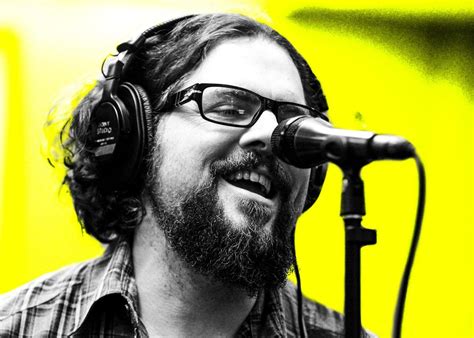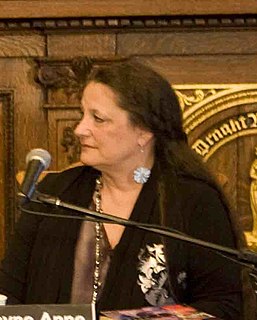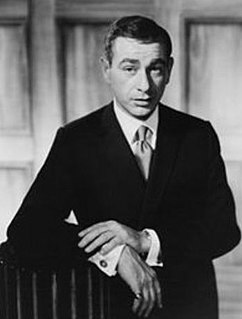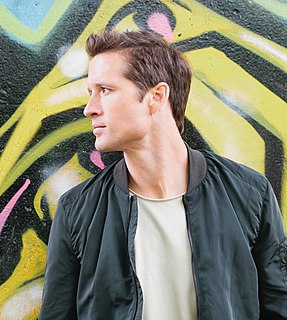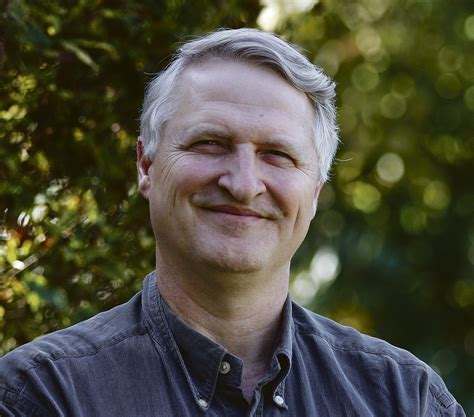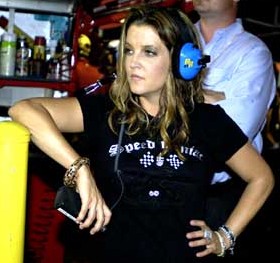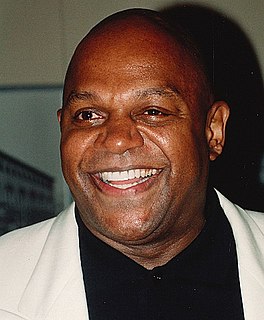Top 1200 Writing History Quotes & Sayings - Page 18
Explore popular Writing History quotes.
Last updated on April 21, 2025.
I think comedy allows people to accept the more difficult parts of history. And history, if it's presented wrong, is just very depressing, particularly the history of slavery. If slavery is presented properly, it's a great story. But I think that within the commercial world of storytelling in which I live, there haven't been many strong works that discuss slavery in ways that are palatable and funny and interesting to the reader.
This time, we're living in such a crazy moment in history. People still write and talk about Watergate, which was such a huge, looming backdrop when I was coming of age and when I was a kid growing up. I think we're living in one of those times right now where, in 20 years, people will be writing and talking about it.
I love the resource of the Internet. I use it all the time. Anything I'm writing - for example, if I'm writing a scene about Washington D.C. and I want to know where this monument is, I can find it right away, I can get a picture of the monument, it just makes your life so much easier, especially if you're writing fiction. You can check stuff so much quicker, and I think that's all great for writers.
There is this split between the Haiti of before the earthquake and the Haiti of after the earthquake. So when I'm writing anything set in Haiti now, whether fiction or nonfiction, always in the back of my mind is how people, including some of my own family members, have been affected not just by history and by the present but also by the earthquake.
Writing a song is like - you're writing a song all the time. It's just when it pops out. It's been there all the time. It's not something that suddenly you do it. It's always there. Suddenly, it's in the right mixture inside you to come out. Usually when you're writing on the piano or a guitar, you don't write in lyrics, on their own. To me it's very boring.
Whenever you're writing a book or creating a movie or a game, your first task is to get the reader/audience/player to suspend disbelief, to buy into the logic and boundaries of your world, even though those boundaries might include things like dragons and magic. To do that, you need long threads - of history and culture.
If Mother Culture were to give an account of human history using these terms, it would go something like this: ' The Leavers were chapter one of human history -- a long and uneventful chapter. Their chapter of human history ended about ten thousand years ago with the birth of agriculture in the Near East. This event marked the beginning of chapter two, the chapter of the Takers. It's true there are still Leavers living in the world, but these are anachronisms, fossils -- people living in the past, people who just don't realize that their chapter of human history is over. '
If writing with a goal - whether it be evangelistic, apologetic, or didactic - implies propaganda, then all recorded history is propaganda. . . a work shouldn't be dismissed simply because of the strong convictions of the writer. Should we discount the facticity or reliability of the accounts of Nazi concentration camp survivors simply because they passionately recount their story?
In history there are no control groups. There is no one to tell us what might have been. We weep over the might have been, but there is no might have been. There never was. It is supposed to be true that those who do not know history are condemned to repeat it. I don't believe knowing can save us. What is constant in history is greed and foolishness and a love of blood and this is a thing that even God--who knows all that can be known--seems powerless to change.
Oral history is a research method. It is a way of conducting long, highly detailed interviews with people about their life experiences, often in multiple interview sessions. Oral history allows the person being interviewed to use their own language to talk about events in their life and the method is used by researchers in different fields like history, anthropology and sociology.




